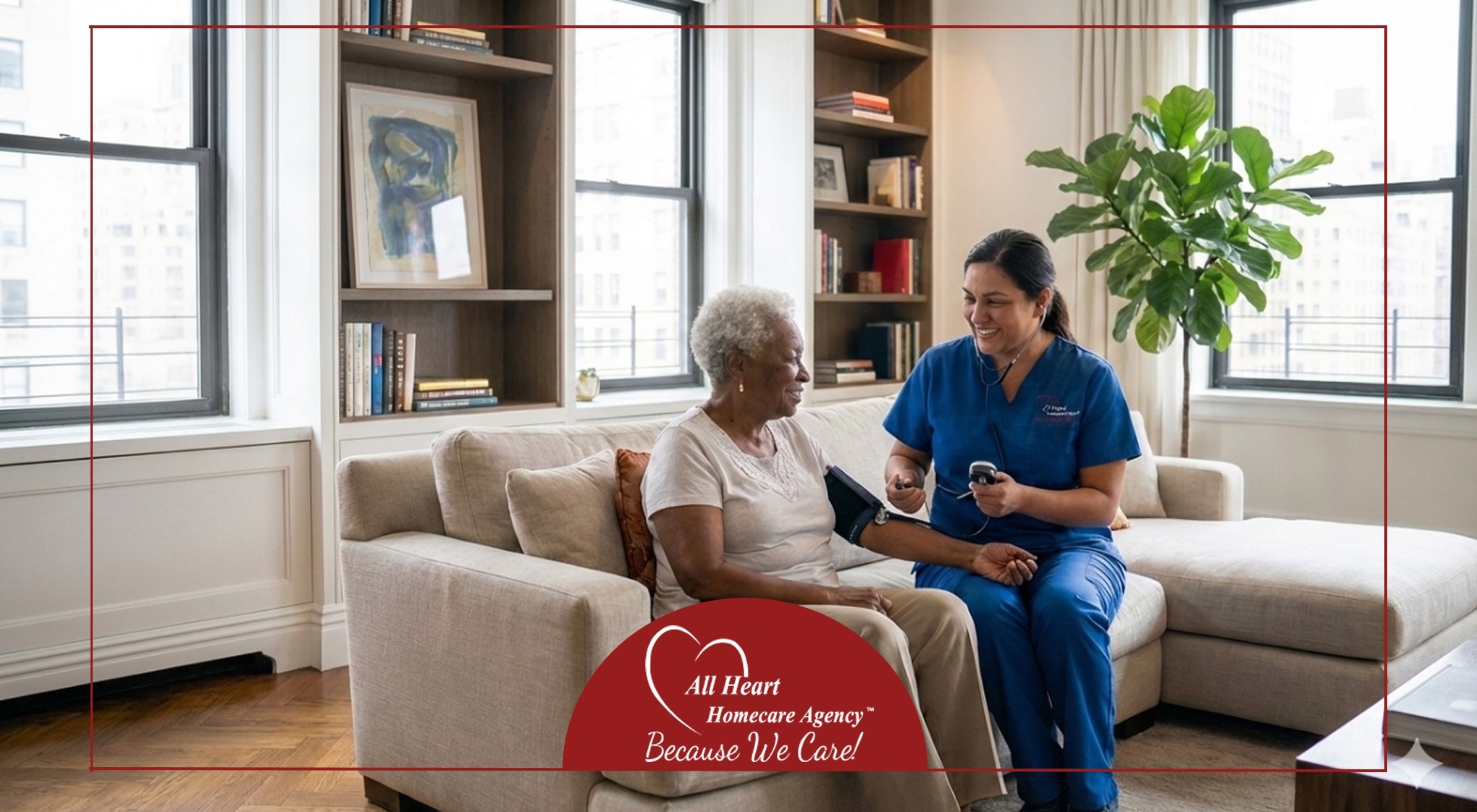It is a well-known fact that the job of a caregiver is not an easy walk. Sometimes home care professionals have to deal with cases when their patient has a terminal illness. In such cases, caregivers may have increased concerns about timely medication intake, treatment options, end-of-life-care level, and so on.
As the physical state of health deteriorates, a patient becomes more dependent on a caregiver. This imposes a certain level of stress as the specialist struggles to provide a patient with care and at the same time helps to cope with the daily tasks.
Some might argue that timely support from family and friends can be the most effective way to relieve stress in the workplace. However, this is not the case. Therefore, we have compiled the most commonly used approaches that have helped caregivers perform their duties efficiently, caring for a patient with a terminal illness.
Keep Sense of Control
It is usual for each person to react differently to the news of a terminal illness. However, almost every patient faced with a similar situation can become closed from the outside world and feel depressed.
As a caregiver, try to maintain a sense of control and provide ongoing emotional support for a senior. You can also ask the patient’s family members to spend as much time as possible with the older person to help cope with the heavy burden.
Try to Be Sincere and Open
Try to be open and honest in everything you discuss with your patient. Involve an older person in conversations on a variety of topics and discussions. Don’t worry if your patient stays closed at first.
Over time, your conversations will take on a whole new level, and you’ll begin to share your thoughts and feelings. Ask about the patient’s deepest desire.
FACT, the feedback and reaction of an older person will largely depend on his/her health condition.
Stick to the Daily Plan
Organize your workplace responsibilities and adhere to a plan for all your daily tasks. This will help a patient better understand your daily routine and feel more comfortable at home. Handling all the responsibilities on time will surely improve your patient’s self-esteem.
Maintain Spiritual Condition of a Senior
We all have our own beliefs and faith. Perhaps religion is a vital aspect for your patient. Note, the spiritual element can bring a particular meaning to the concept of life and death.
Depending on what their need is, you can support seniors accordingly. For example, a patient might ask you to turn on religious songs and listen to an audio recording of the Holy Scriptures.
In fact, practical advice on dealing with a patient with a terminal illness differs from case to case. Do not be afraid to show patience and kindness to please a senior’s slightest desire and lighten such an unbearable burden.











